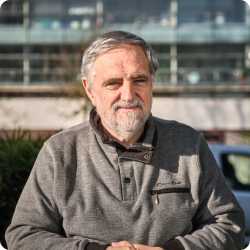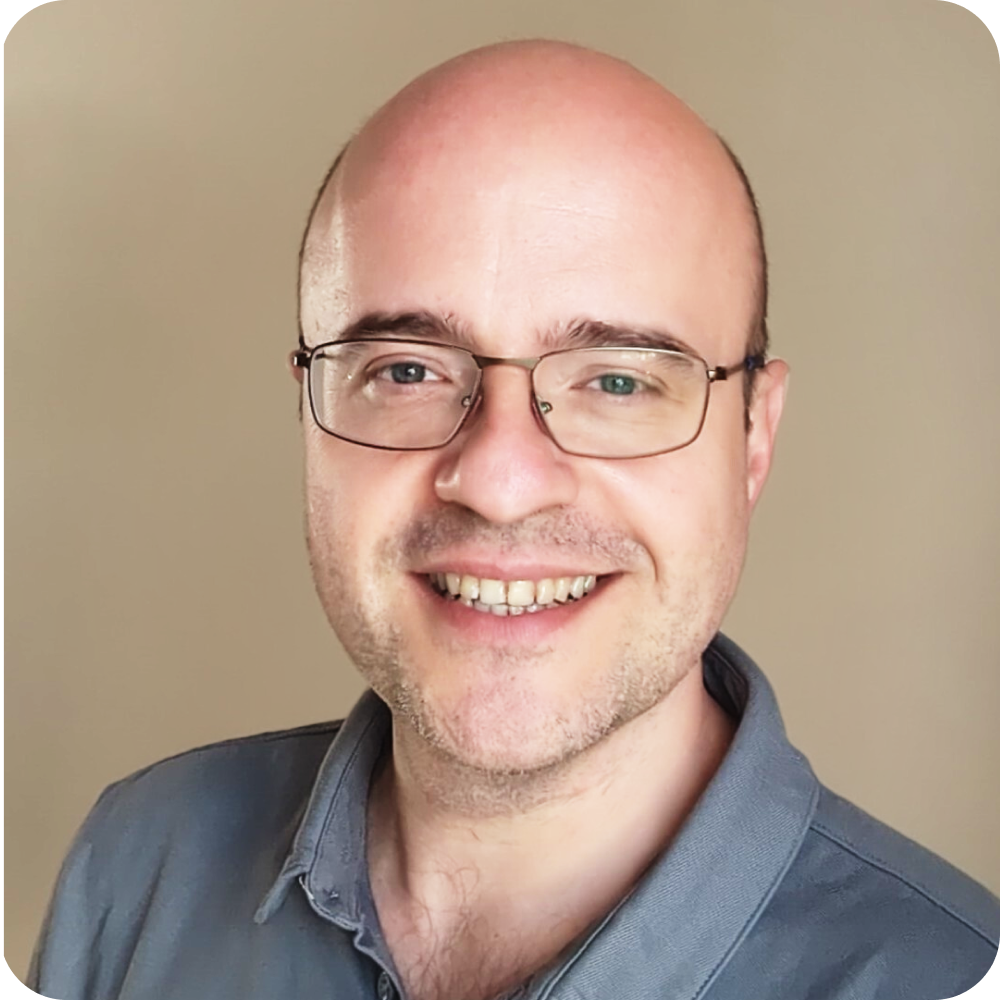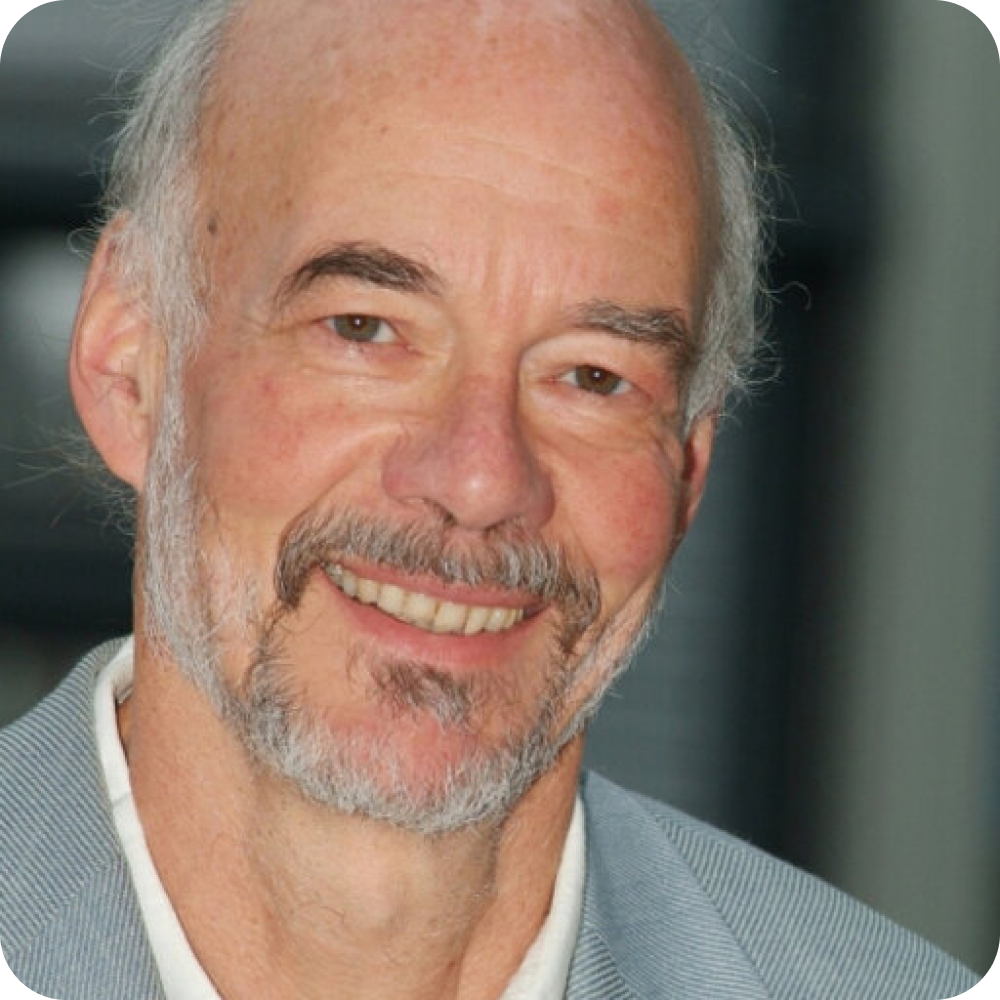KDD 2024
AI for Environment Special Day
Tuesday, August 27th 2024 (2pm - 5:30pm)
@ Centre de Convencions Internacional de Barcelona
What is this about?
Environmental problems such as air pollution monitoring and
prevention, flood detection and prevention, land use, forest
management, river water quality, wastewater treatment supervision,
etc. are more complex than typical real-world problems usually AI
faces to. This added complexity rises from several aspects, such as
the randomness shown by most of environmental processes involved,
the 2D/3D nature of involved problems, the temporal aspects, the
spatial aspects, the inexactness of the information, etc.
In fact, environmental problems belong to the most difficult problems with a
lot of inexactness and uncertainty, and possibly conflicting
objectives to be solved according to several classifications such as
the one by Funtowicz & Ravetz (Funtowicz & Ravetz, 1999), which
states that there are 3 kinds of problems. Also, they are
non-structured problems in the classification proposed by H. Simon
(Simon, 1966).
All this complexity means that to effectively solve
those problems a lot of knowledge is needed. This knowledge can be
theoretical knowledge expressed in mechanistic models, such as the
Gravidity Newton’s Theory, or it can be empirical knowledge that can
be expressed by means of empirical models, originated by some data
and observations (data-driven knowledge) or by the expertise
gathered by people when coping with such problems (model-driven
knowledge, particularly expert-based knowledge).
Thus, the importance of KDD in Environmental Systems is very high, as many
data can be explored/mined to get very useful knowledge for managing
or supervising or planning environmental problems. Considering all
above explained, the relevance of AI in Environmental Systems is
really high.
Program Outline
Here's the program outline with details on each of the events happening. View a detailed agenda here.
1400-1410
Opening Remarks
Special Day Opening Remarks
1530-1540
Tea Break
1700-1730
Distinguished Panelists
Ask me Anything on AI for Environment
Speakers
Here are the speakers who will be presenting at the event.
Organizers
Here are the organizers who are making this event possible.
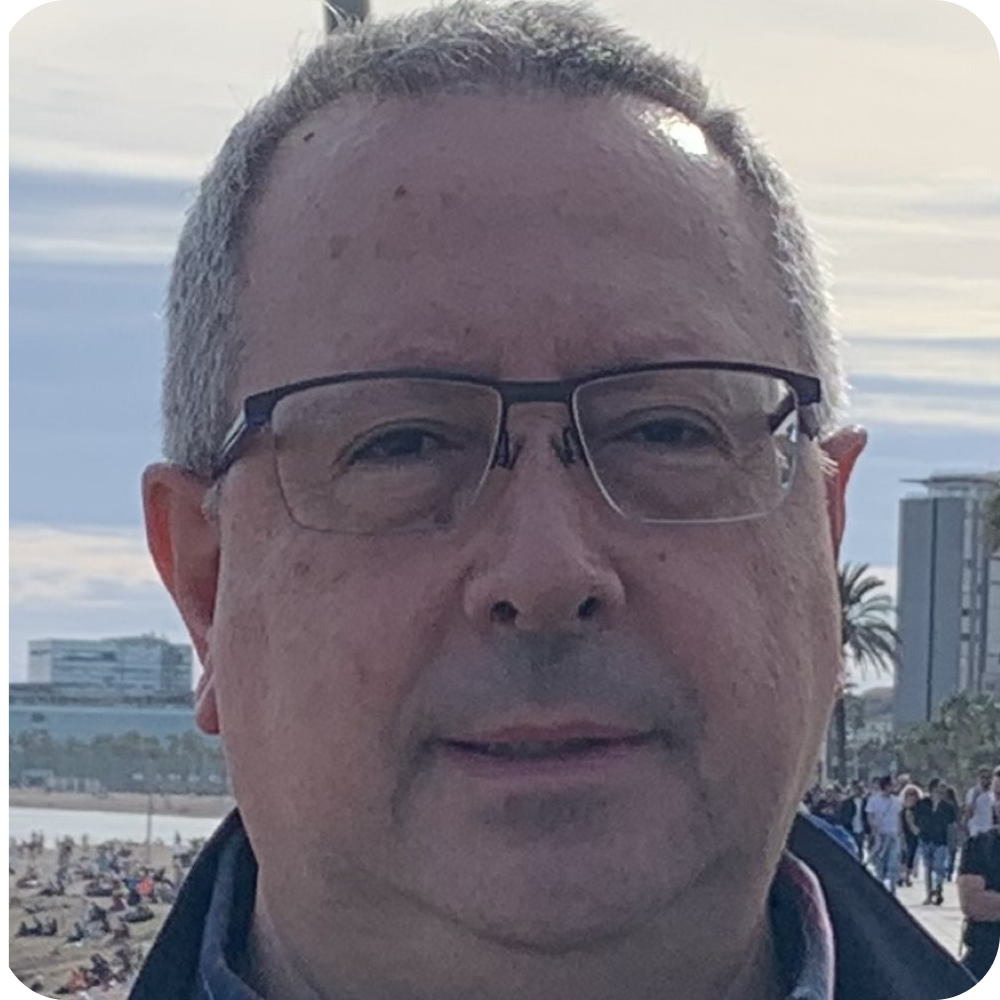
Associate Prof.
Universitat Politècnica de Catalunya–BarcelonaTech (UPC)
Member of the Knowledge Engineering and Machine Learning Group (KEMLG-IDEAI) and Intelligent Data Science and Artificial Intelligence Research Centre (IDEAI-UPC). He co-founded
the spin-off company “Sanejament Intel·ligent S.L. (SISLtech)” [2003-2017] devoted to Advanced Control and Supervision of Environmental Systems. He is a pioneer member of ACIA (Catalan Association of Artificial Intelligence) and member of AEPIA (Spanish Association of Artificial Intelligence). He is a Fellow of the International Environmental Modelling and Software Society (iEMSs). He co-organized the first Environment and AI Workshop in Europe: Binding Environmental Sciences and Artificial Intelligence (BESAI 98) at ECAI conference in 1998. He has organised some international events in the AI field related to Environment (BESAI-ECAI, AAAI, iEMSs). His main research topics are Case-Based Reasoning, Intelligent Decision Support Systems, Recommender Systems, Machine Learning, Data Science, Knowledge Engineering, Integrated AI architectures, and AI applied to Environmental, Industrial and Health systems.
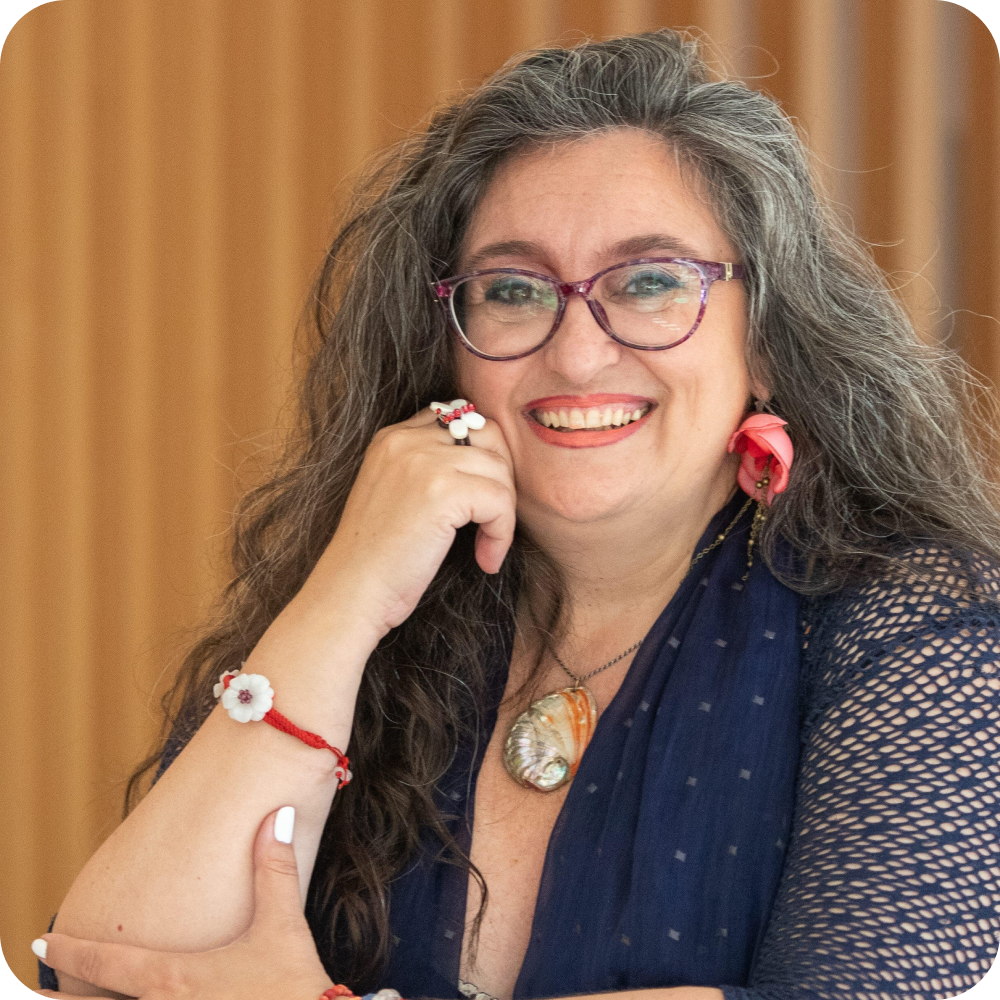
Full Prof.
Universitat Politècnica de Catalunya-BarcelonaTech (UPC)
Bachelor, Master and PhD in Computer Science with specialisations in computational statistics and artificial intelligence. Director and co-founder of the Intelligent Data Science and Artificial Intelligence
research centre at UPC (IDEAI-UPC, 2018-). Dean of the Illustrious Official College of Informatics Engineering of Catalonia (COEINF, 2023-). Expert and co-author of the Catalan Strategy for Artificial Intelligence Catalonia.AI (Catalan Government, 2018-). Advisor to the Catalan, Spanish, and European Commission governments on AI ethics and digital transformation. Awards: WomenTech Award 2023 (Women360), National Award for Informatics Engineering 2023 (General Council of InformaticsEngineering Colleges of Spain), Ada Byron Award 2022 (College of Computer Engineering of Galicia), donaTIC2018 Award (GenCat). Creu Casas Mention 2020-2021 (IEC).
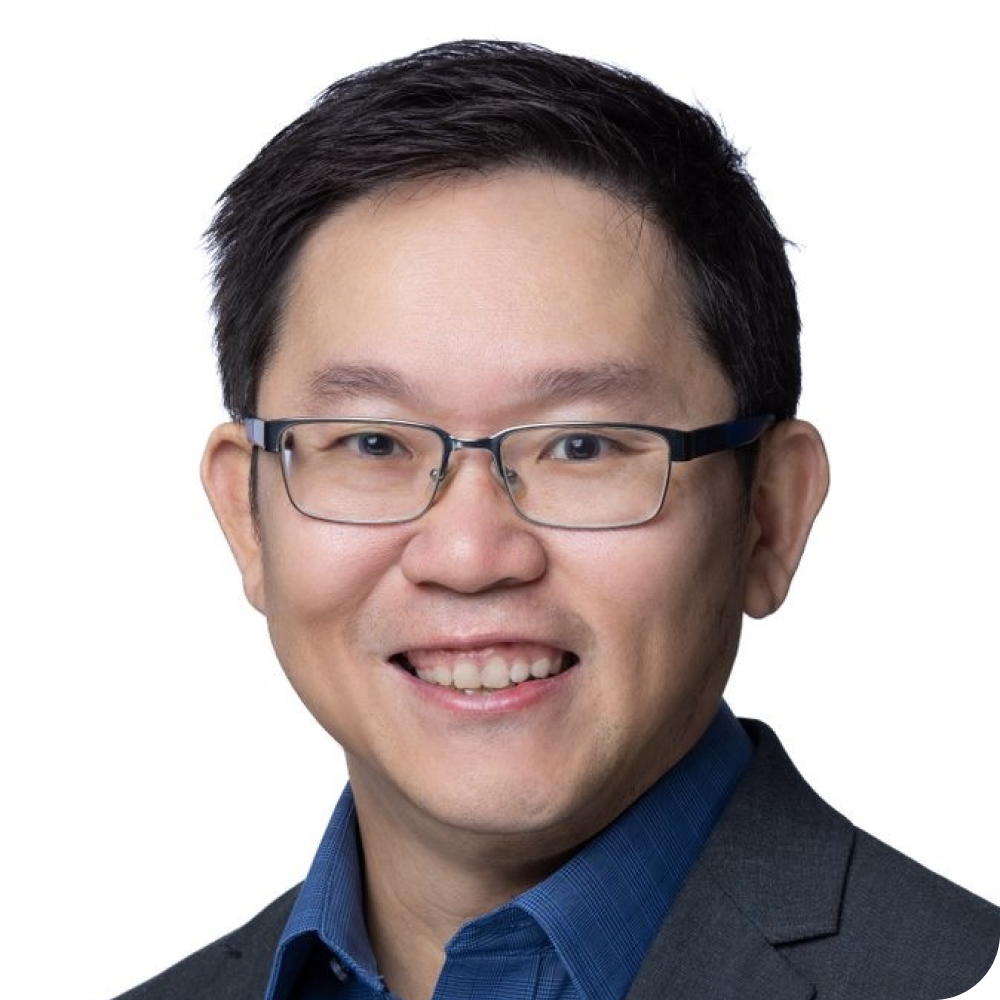
Partner Director of Products, with the Cloud and AI organization at Microsoft
Seasoned Data and AI leader with a proven track record of running successful businesses and growing it from zero to sustained industry leadership positions.
He is the author of more than 10+ books, covering topics ranging from products and artificial intelligence including: “Practical Weak Supervision”, Practical Automated Machine Learning", and more. Prior to his current role, Wee Hyong led AI strategy and innovation. He was Head of AI Labs, where he led a global team of data scientists to deliver cutting-edge AI solutions from customers spanning different industries. Wee Hyong co-founded the AI for Earth Engineering and Data Science team, which seeded the foundation for many of the AI for Good initiatives, in using AI to solve some of the world's toughest sustainability challenges using AI/ML. Wee Hyong has a PhD in Computer Science from National University of Singapore.
